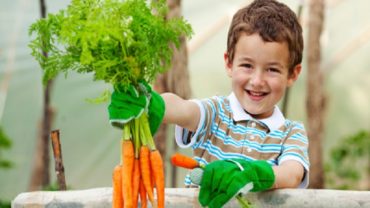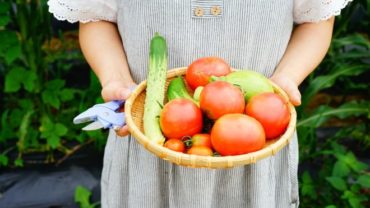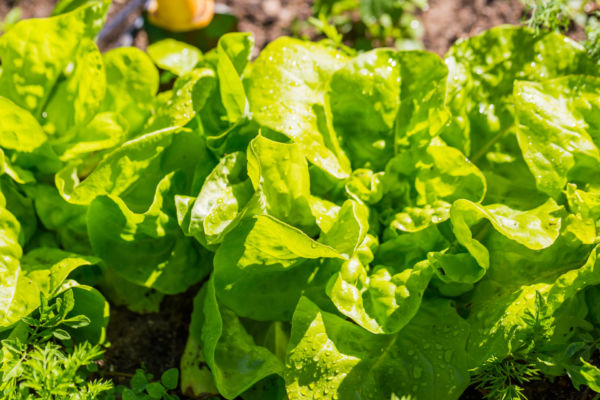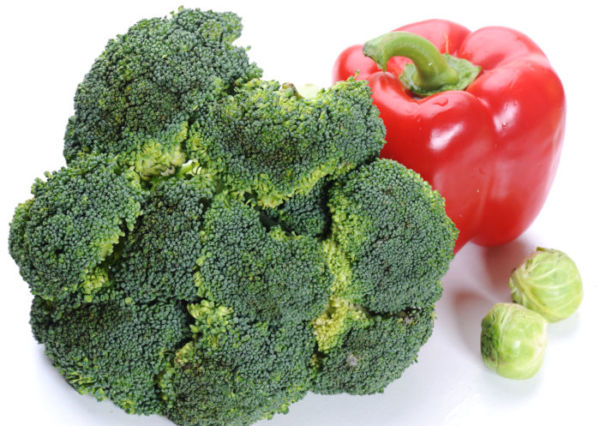via Indian Express : CHENNAI: Anamika Bist, who grew up in a small town in Jharkhand, says gardening runs in her blood. This graduate of National Institute of Fashion Technology moved to Bengaluru after marriage and worked as a brand consultant for some of the top companies.
Urban life, family responsibilities, job and the culture of small apartments made it impossible for her to employ her gardening skills effectively and, as a result, she could grow only a few herbs in her balcony.
Forty four-year-old Anamika had always dreamt of having her own garden, where she could grow varieties of fruits and vegetables too along with her herbs. Then, one day, she was shaken when her daughter told her innocently that she thought fruits and vegetables came from supermarkets.
This disconnect motivated Anamika to open a start-up called ‘Village Story’, through which she organises experiential farming for children and their families. Her friend offered her an acre of land to run this.
Within six months, Anamika succeeded in growing vegetables and herbs such as zucchini, broccoli, edamame, cucumber, lettuce, cherry tomatoes, okra, eggplant, beans, born, rocket leaves, spinach, fenugreek, coriander, mint, carrot, millet, butternut squash, radish and capsicum.
Anamika says that her father-in-law, who owns a nursery, farmland and orchard in Dehradun, is her inspiration.
She shares about her startup: “Almost now 15 to 20 families are part of our Farmville/Kitchen Garden; they are extremely thrilled that they have their own green patch where they can grow their own greens. They love coming here with family and friends. They sow, grow, harvest, taste and share. They feel it›s an amazing outdoor family activity for them, from where they take home an experience and joy of growing their own food.” She has observed that this activity has made kids eat vegetables which they never used to taste or touch before.
Tips to grow veggies and herbs
- Apply only composted manure that has been kept for at least six months in your soil.
- Fresh manure is too high in nitrogen and can ‘burn’ plants; it may also contain pathogens or parasites.
- Manure from pigs, dogs, and cats should never be used in gardens or compost piles because they may contain parasites that can infect humans.
- Grow vegetables in a location that gets at least 8 hours of direct sunlight every day. Most vegetables need full sunlight to grow well.
- If you have some shade, try growing cool-season crops such as lettuce, spinach, radishes, cabbage.
- Fertilizer is not the answer to growing the best plants; soil quality is. Add organic amendments such as compost and well-aged manure to your soil.
- The best soil structure is crumbly, easy to dig, accepts water easily, and offers oxygen for plant roots.
- If you choose to use fertilizer, use an organic one to add nitrogen, phosphate, and potash.





